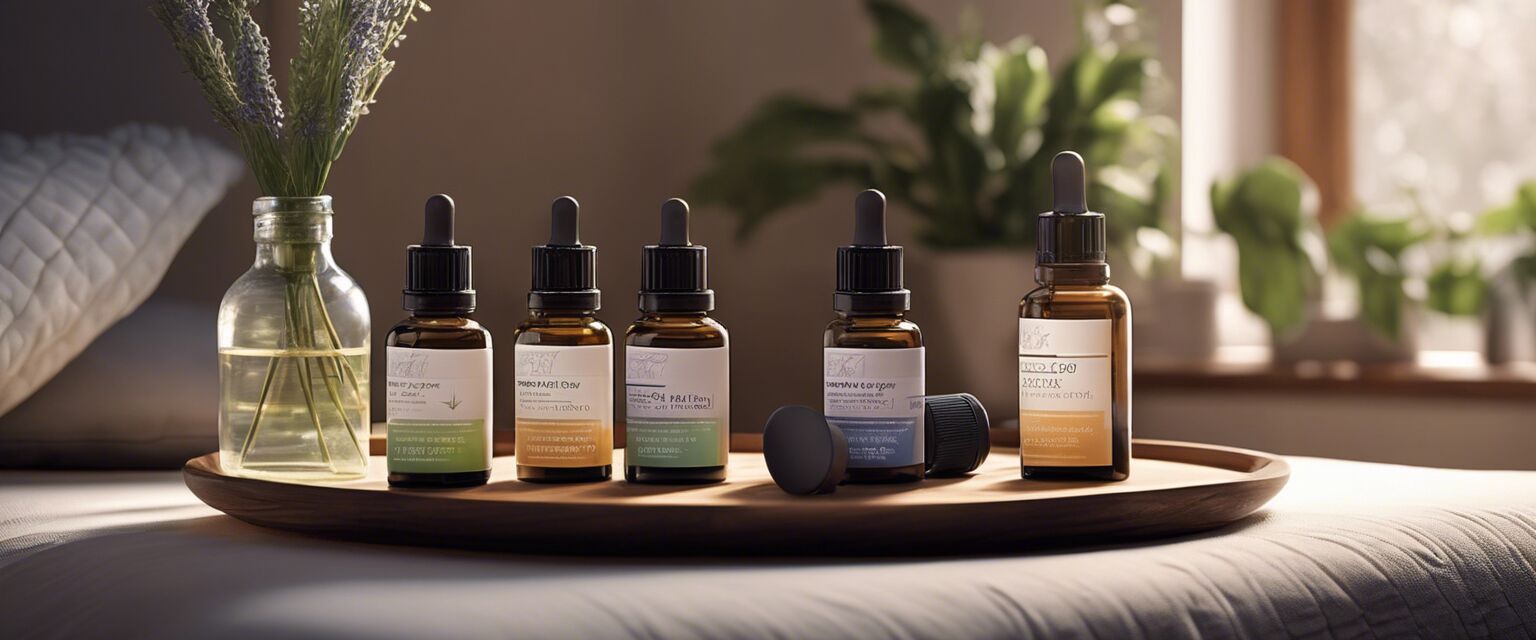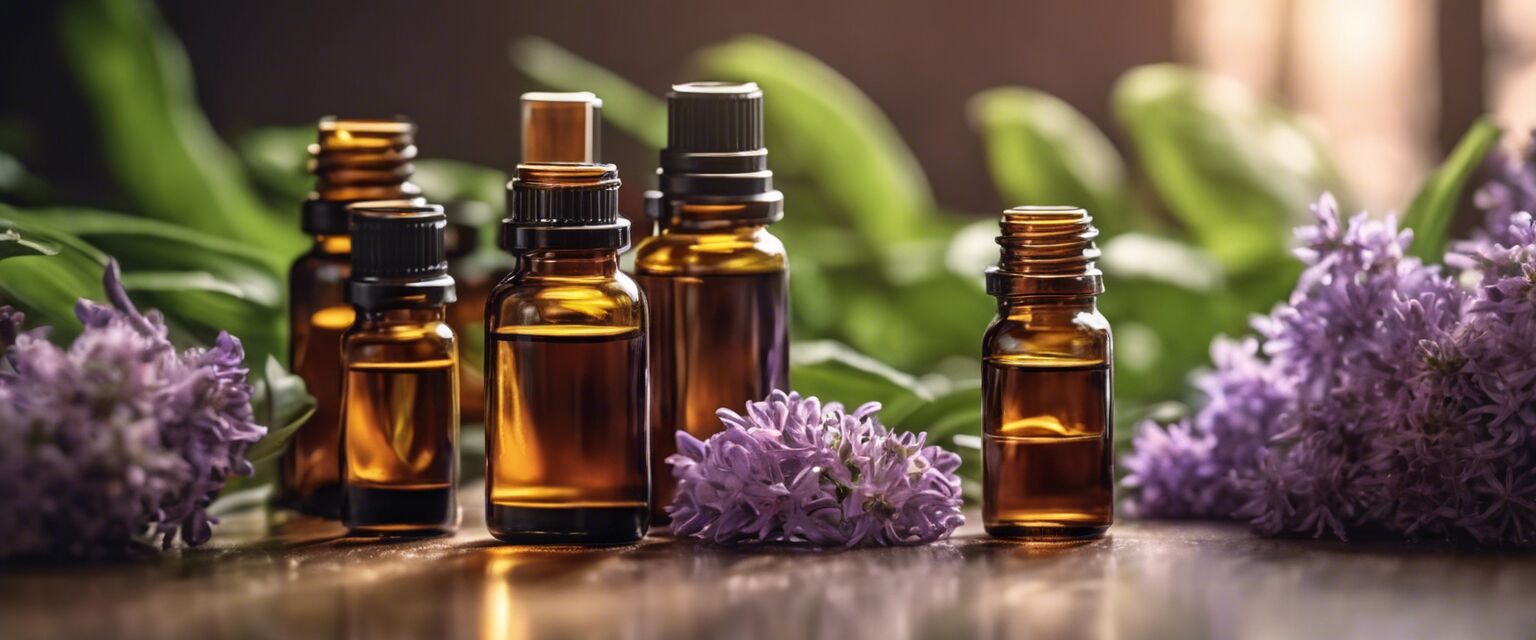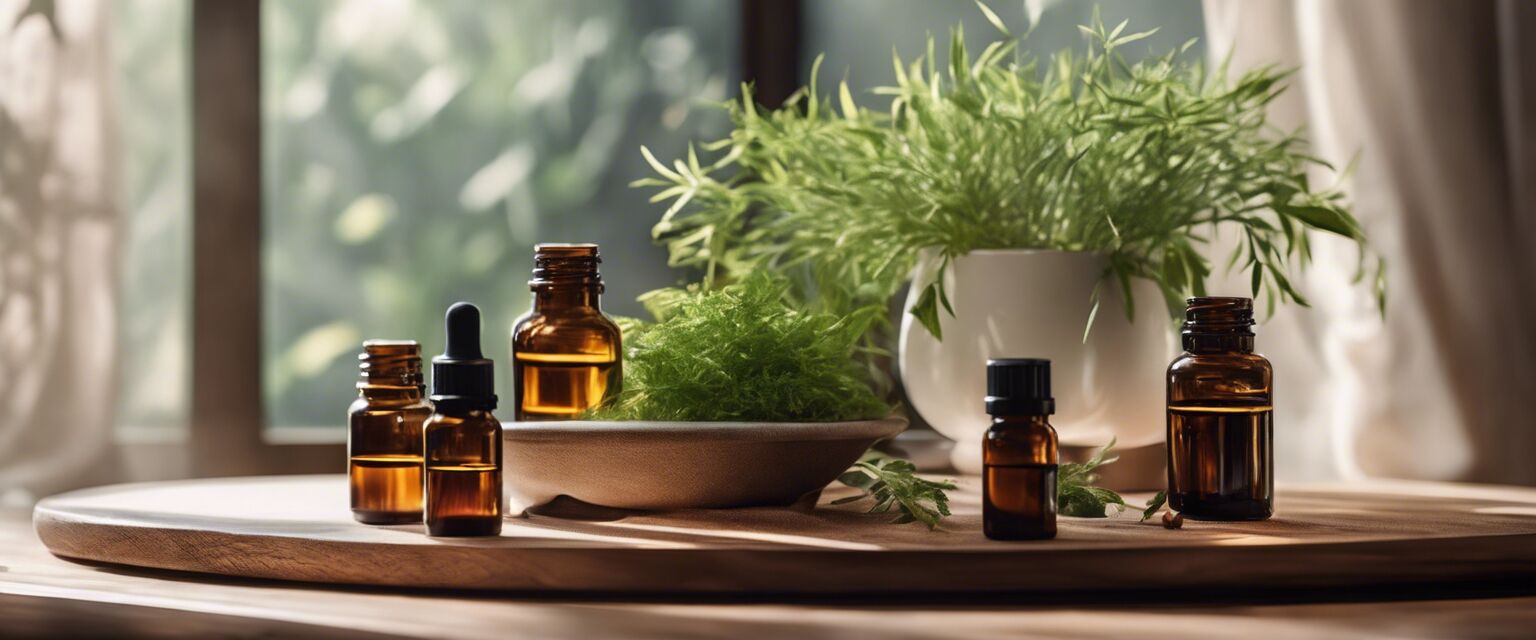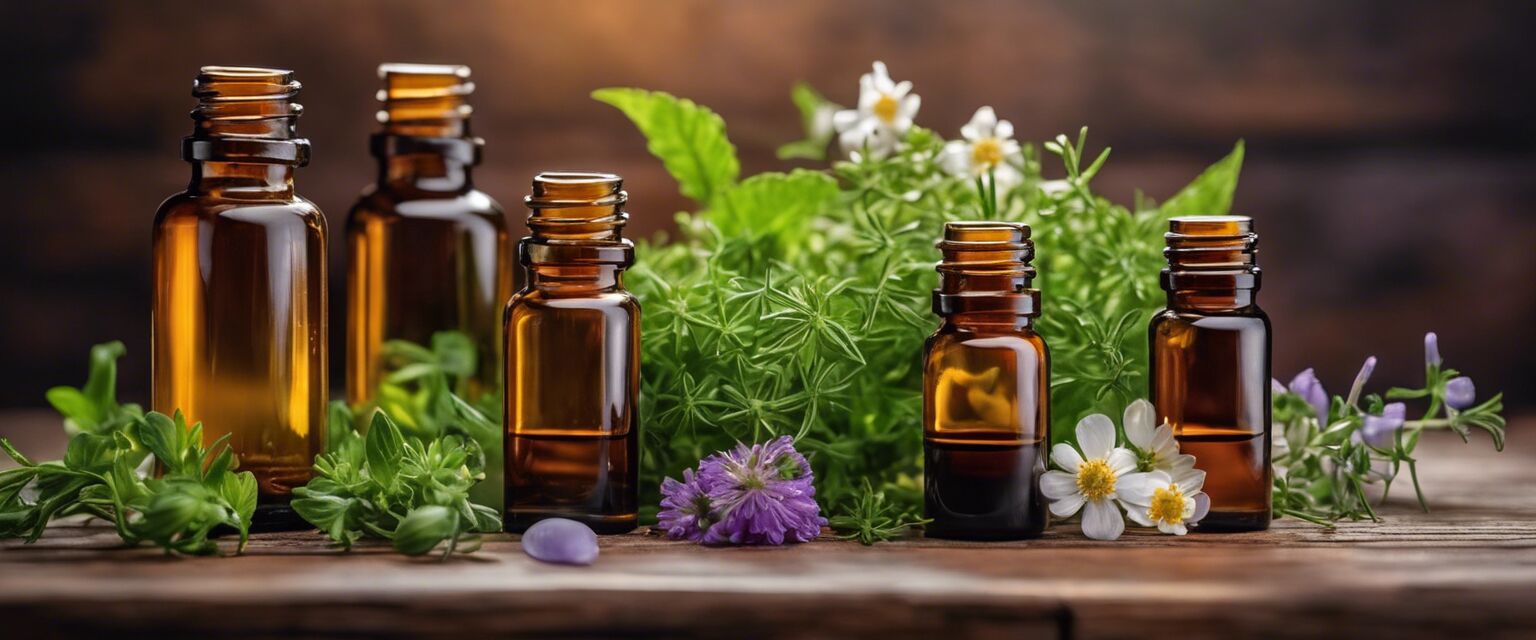
Essential Oils for Sleep
Key Takeaways
- Essential oils can create a calming environment conducive to sleep.
- Certain oils are known for their relaxing properties.
- Using diffusers or topical applications can enhance the experience.
- Consistency in usage can lead to improved sleep habits.
In today's fast-paced world, many people struggle with getting a good night's sleep. Essential oils have become a popular solution for promoting relaxation and enhancing sleep quality. In this article, weâll explore various essential oils that can help create a peaceful bedtime routine, the techniques for using them, and their benefits for better sleep.
What are essential oils?
Essential oils are concentrated extracts from plants that capture the plant's natural aroma and properties. They are commonly used in aromatherapy, a holistic practice that utilizes these oils to promote emotional and physical well-being.
Benefits of using essential oils for sleep
While essential oils do not make specific health claims regarding sleep enhancement, many users report feeling more relaxed and calm when using them. Here are some potential benefits:
- Creates a relaxing environment.
- Helps establish a calming bedtime routine.
- May reduce feelings of stress and anxiety.
Popular essential oils for sleep
| Essential Oil | Common Uses | Application Methods |
|---|---|---|
| Lavender | Promotes relaxation and calmness. | Diffuser, topical application, pillow spray. |
| Chamomile | Calming and soothing properties. | Diffuser, bath, topical application. |
| Sandalwood | Grounding and calming effects. | Diffuser, massage oil. |
| Bergamot | Can reduce stress and anxiety. | Diffuser, topical application. |
| Cedarwood | Promotes relaxation and a restful environment. | Diffuser, bath, topical application. |
How to use essential oils for sleep
Integrating essential oils into your bedtime routine can be done in several ways. Here are some effective methods:
- Diffusing: Add a few drops of essential oil to a diffuser in your bedroom about 30 minutes before sleep.
- Topical application: Dilute essential oils with a carrier oil and apply to pulse points, such as wrists or behind the ears.
- Pillow spray: Mix essential oils with water and spray on your pillow for a calming scent throughout the night.
- Bath: Add a few drops of essential oils to a warm bath before bedtime to relax your muscles and mind.
- Inhalation: Simply inhale the scent directly from the bottle or from a cotton ball with a few drops of essential oil.
Creating a calming bedtime routine
A calming bedtime routine can enhance the effectiveness of essential oils. Hereâs how to create one:
- Set a consistent bedtime and wake-up time.
- Limit screen time at least an hour before bed.
- Create a relaxing environment with dim lighting and calming scents.
- Incorporate relaxation techniques such as meditation or deep breathing.
- Consider journaling or reading to wind down.
Safety tips for using essential oils
While essential oils are generally safe, itâs important to follow certain guidelines:
- Always dilute essential oils with a carrier oil before applying to the skin.
- Perform a patch test to check for any allergic reactions.
- Keep essential oils away from sensitive areas, such as the eyes.
- Consult with a healthcare professional if you have any concerns, especially if pregnant or nursing.
Essential oil blends for sleep
Combining different essential oils can enhance their benefits. Here are some popular blends:
| Blend Name | Ingredients | Usage |
|---|---|---|
| Relaxing Blend | Lavender + Chamomile + Cedarwood | Use in a diffuser or as a pillow spray. |
| Calm Night Blend | Sandalwood + Bergamot + Lavender | Topical application on pulse points. |
| Soothing Sleep Blend | Lavender + Frankincense + Ylang Ylang | Inhale directly or use in a bath. |
Conclusion
Incorporating essential oils into your nightly routine can be a simple yet effective way to create a peaceful atmosphere conducive to sleep. By understanding the benefits and application methods of various essential oils, you can enhance your relaxation and promote better sleep habits. Remember to be consistent and attentive to your bodyâs responses to find what works best for you.
Tips for beginners
- Start with one or two essential oils to see how they affect your sleep.
- Invest in a quality diffuser for optimal results.
- Experiment with different application methods to find what you enjoy most.
- Keep a sleep journal to track how essential oils influence your sleep quality.
Pros
- Natural and holistic approach to relaxation.
- Variety of scents to choose from.
- Can enhance overall well-being.
Cons
- Results may vary from person to person.
- Some oils may cause allergic reactions.
- Need for proper dilution and usage to avoid skin irritations.








